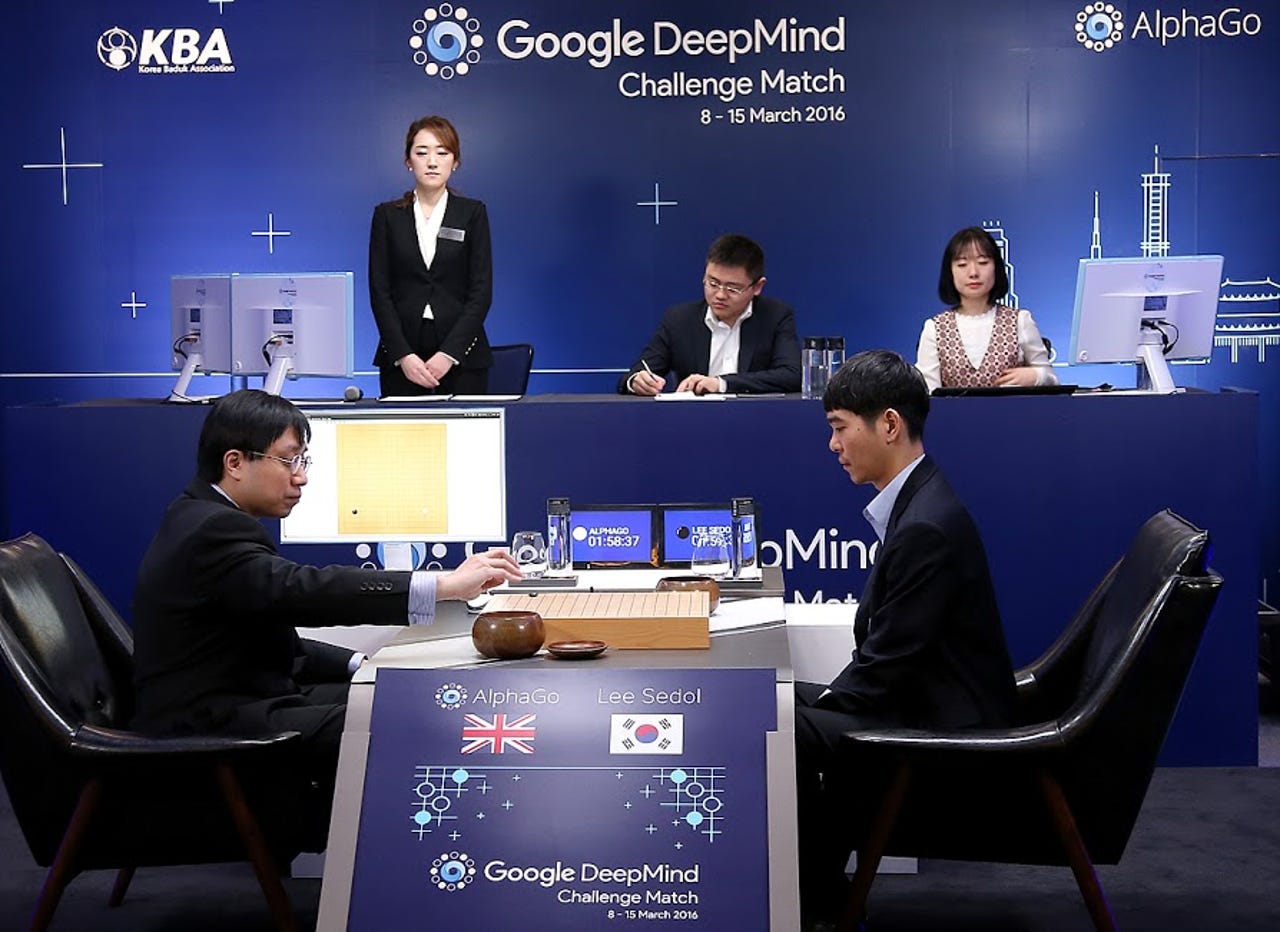Google AlphaGo caps victory by winning final historic Go match

DeepMind's Artificial Intelligence (AI) AlphaGo put its final stamp on its victory by beating Lee Se-dol in the final game in the historic match between man and machine.

It concludes the five-game series that kicked off last week at the Four Seasons Hotel in Seoul between Google's AI and the Korean grandmaster, with the final score of 4-1.
The AI already won the series when it clinched a hat trick by beating Lee on Saturday.
Latest news on Asia
But the grandmaster rallied in the fourth match to secure his first victory against the computer, much to the surprise and welcome of commentators and Korean viewers.
"I feel sorry because I lost... and because the challenge match came to and end," said Lee after the match. "I think it showed the lack of skills in my part."
"Thank you for all the people who cheered for me and I will show a more advanced Lee Se-dol in the future," he said to applause from reporters.
"I do not believe AlphaGo is a superior than I am. [However] I have come to question more of Go and study [the game more]."
"I am speechless... it was the most mind-blowing so far," said DeepMind CEO Denis Hassabis said. "It seemed AlphaGo made quiet a big mistake but in the end AlphaGo came back in the game... we are stunned really."
The 33-year-old showed grit and looked visibly calmer throughout than the previous four matches. The match lasted the longest out of the five by going an hour overtime and taking up 280 turns.
Lee avoided mistakes in the beginning and maintained a strong play throughout, until near the end. Korean commentators said the champion seemed to be attempting to test AlphaGo as black -- which opens the game -- and seemed to have successfully adapted to the AI's style. After the fourth match, where he played white, he said he wanted to try out AlphaGo with black because it seemed stronger as white.
DeepMind CEO Demis Hassabis tweeted mid-game: "#AlphaGo made a bad mistake early in the game (it didnt know a known tesuji) but now it is trying hard to claw it back... nail-biting."
But the tide turned near the end when the game seemed to be heading for score count -- where neither player resigns and the game is determined by how much points they secure.
However, AlphaGo calmly secured more points and blocked Lee's attempts to change the tide of the game. The champion resigned at an hour overtime.
English and Korean commentators praised both for bringing their top form.
The Go association of Korea, the KBA, awarded AlphaGo an honorary 9-dan, the highest rank possible in the game, for contributing to the global promotion of the East Asian board game.
The series has been compared to IBM's Deep Blue victory against chess champion Garry Kasparov in 1997 that shocked the world.
Go, an ancient Chinese board game where two players place black or white playing pieces, called stones to secure more territory, has more variables than chess and was considered difficult to teach computers, until now.
The winning million dollar purse will be donated Unicef and STEM for research.
Google founder Sergei Brin and Alphabet executive chairman Eric Schmidt visited Seoul to watch the game.